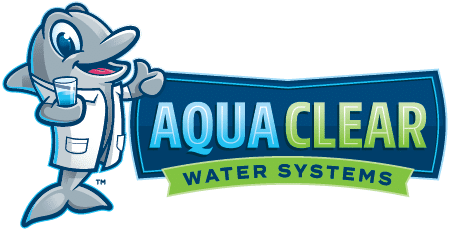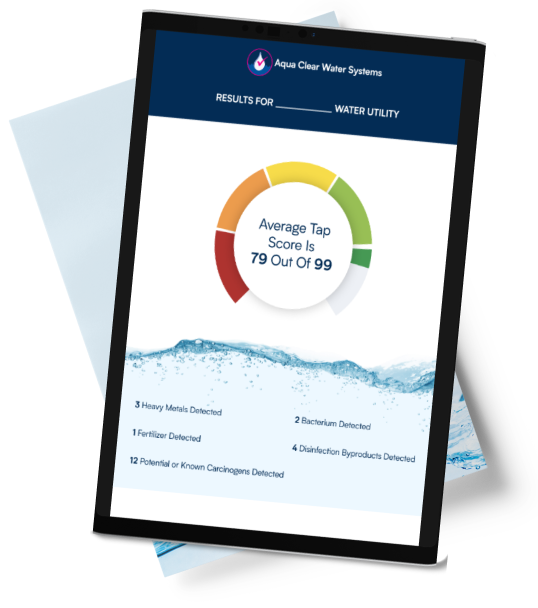Well Water Testing in Tennessee
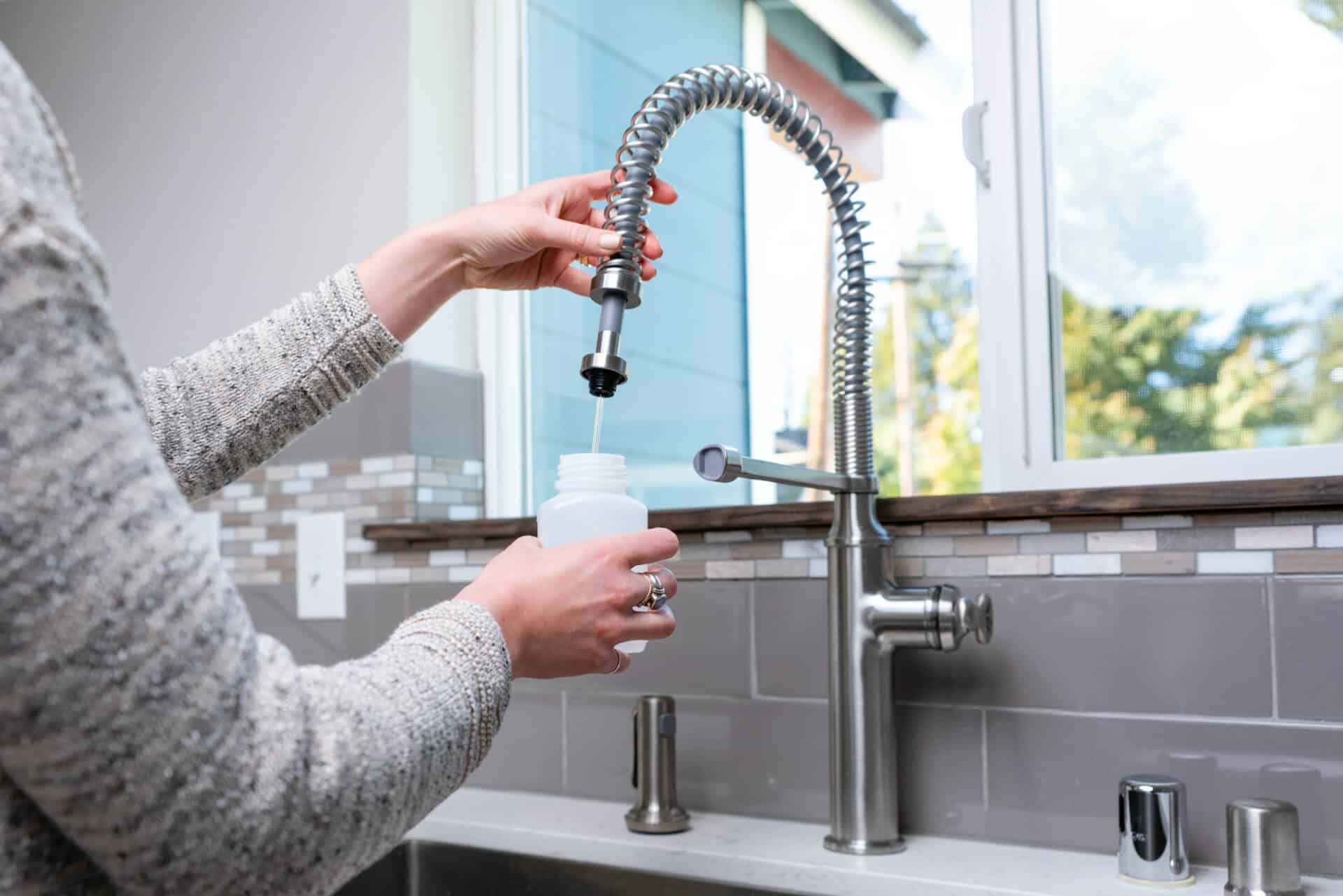
If you live in Tennessee, and using well water for your homes water supply you probably need to test it. We offer a wide range of testing for contaminants in well water that are harmful to human health like:
- Coliform & E.coli Bacteria
- Nitrates & Nitrites
- pH, Hardness, Iron, and Sulfur
- Heavy metals

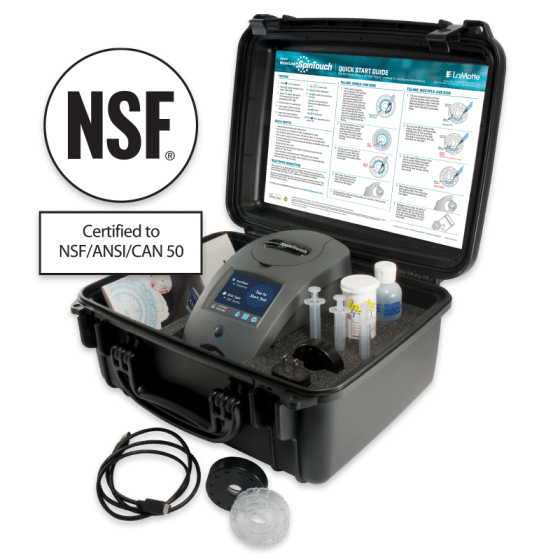
($300 Value) FREE 12-Point Well Water Test
You’re one step closer to know exactly what is in your well water!
*Cannot be combined with any other offer
Well Water Testing Service
Water testing for wells is the easiest way to know exactly what your family is drinking, cooking, and bathing with. Don’t let bacteria, viruses, pesticides, herbicides, chemicals, VOCs, PFAS, or heavy metals go undetected in your families water supply until its to late.
Want to discover more about well water testing? Give us a call or send us an email at [email protected], or browse our FAQs below.
Well Water Testing FAQs:
-
Why would you need test your well water?
-
Testing well water is important for several reasons, especially since the quality of well water can change over time and be affected by a variety of environmental factors. Here are the main reasons why you would need to test your well water:
Health and Safety: The primary reason for testing well water is to ensure it's safe for consumption. Contaminants such as bacteria (like E. coli), nitrates, and harmful chemicals can seep into well water and pose health risks. Regular testing helps identify these contaminants before they cause health problems.
Environmental Changes: Natural occurrences like flooding, landslides, or drought can alter the water quality. Human activities like agriculture, mining, or construction can also impact well water, leading to contamination from pesticides, heavy metals, or other pollutants.
Maintenance of Water Systems: Regular testing can help identify issues with the well itself or the water system, such as problems with the well cap, casing, or the presence of sediments. Early detection of these issues can prevent more serious problems down the line.
Regulatory Compliance: In some areas, there may be legal requirements or guidelines for well water testing, especially if the water is used for public consumption or in a business setting.
Taste, Odor, and Appearance: Changes in the taste, smell, or appearance of well water can be indicators of contamination. Testing helps determine the cause of these changes and whether they pose a health risk.
Baseline Information: For new wells, initial testing provides a baseline for water quality, which is useful for future comparison and detecting changes over time.
Real Estate Transactions: When buying or selling property with a well, testing the water can be a part of the home inspection process to ensure the well is safe and functioning properly.
It's generally recommended to test well water at least once a year for bacteria, nitrates, and any other contaminants of concern in your area. However, more frequent testing might be necessary if there's a known contamination issue in the region or if changes in taste, odor, or appearance are observed.
-
How can I tell what contaminants are in my well water?
-
If you use well water for your home in Tennessee, it could be the most pure water around! But just because it is clear doesn't mean its safe. We have found all types of different health harming contaminants in well water across the state of TN. The safest thing you can do for yourself and your family is to test your well water every 3-12 months to insure nothing harmful has entered your well water. Wells change all the time so if you tested before and it was safe, it doesn't mean that it is staying that way.
These are things we have found in testing well water:
Bacteria and Viruses: Microbial contaminants like E. coli, coliform bacteria, and certain viruses can enter the water supply through sewage overflow, contaminated stormwater runoff, or animal waste. These pathogens can cause gastrointestinal illnesses and other health problems.
Nitrates and Nitrites: These chemicals commonly come from fertilizers, septic systems, and animal waste. High levels of nitrates and nitrites are particularly hazardous for infants and pregnant women, as they can interfere with the blood's ability to carry oxygen.
Heavy Metals: Metals like lead, arsenic, mercury, and cadmium can leach into well water from natural deposits, industrial activities, or certain types of plumbing and well components. They can be toxic even at low concentrations and cause a range of health issues.
Chemical Contaminants: This group includes pesticides, herbicides, and industrial chemicals that can seep into groundwater from agricultural fields, factories, or accidental spills. Long-term exposure to these chemicals can lead to various health problems, including cancer and endocrine disruption.
Radionuclides: Naturally occurring radioactive substances like radium or uranium, or man-made ones like radon, can be present in well water. They pose a risk of cancer and other health issues over prolonged exposure.
Organic Compounds: Volatile organic compounds (VOCs) like benzene, toluene, and chloroform can enter well water from industrial discharge, petroleum spills, or leaking underground storage tanks. VOCs can have various health impacts, including increased cancer risk.
Minerals and Salts: High levels of minerals like calcium and magnesium (which cause water hardness), or salts, can affect water quality and taste. While not typically health hazards, they can cause scaling in pipes and appliances.
Pharmaceuticals and Hormones: Trace amounts of medications and hormones can enter water sources through human waste and improper disposal of pharmaceuticals.
-
How often should I test my well water?
-
It's recommended to test your well water at least once a year for bacteria, nitrates, and any other contaminants of concern. More frequent testing may be needed if there have been known issues in the area or changes in the taste, smell, or appearance of the water. Some states recommend testing your well water every quarter.
-
Can I test my well water myself?
-
There are home test kits available for basic testing that you can buy at a big box store. Most of these work OK, but not really that accurate to make decisions on. For a comprehensive analysis, especially for contaminants like heavy metals or chemicals, laboratory testing is more accurate and reliable.
-
What are the signs that my well water might be contaminated?
-
Changes in taste, odor, or appearance can be signs of contamination. Also, recurrent gastrointestinal illnesses in the household may indicate the presence of harmful bacteria or viruses. Also if strange health issues are occurring in the family that no doctors can figure out.
-
How much does well water testing cost?
-
If you use our FREE well water testing service you will get all of this testing for no cost, but the advanced testing cost varies depending on the type and number of tests conducted.
-
Is well water testing required by law?
-
The only time it's required by law is during a real estate transaction. Unlike public water systems, private wells are usually not regulated by federal laws. However, some states or localities may have their own regulations, so it's important to check with local authorities.
-
Who is responsible for maintaining the safety of my well water?
-
For private wells, the homeowner is responsible for ensuring the water's safety. This includes regular testing, maintenance, and necessary treatment.
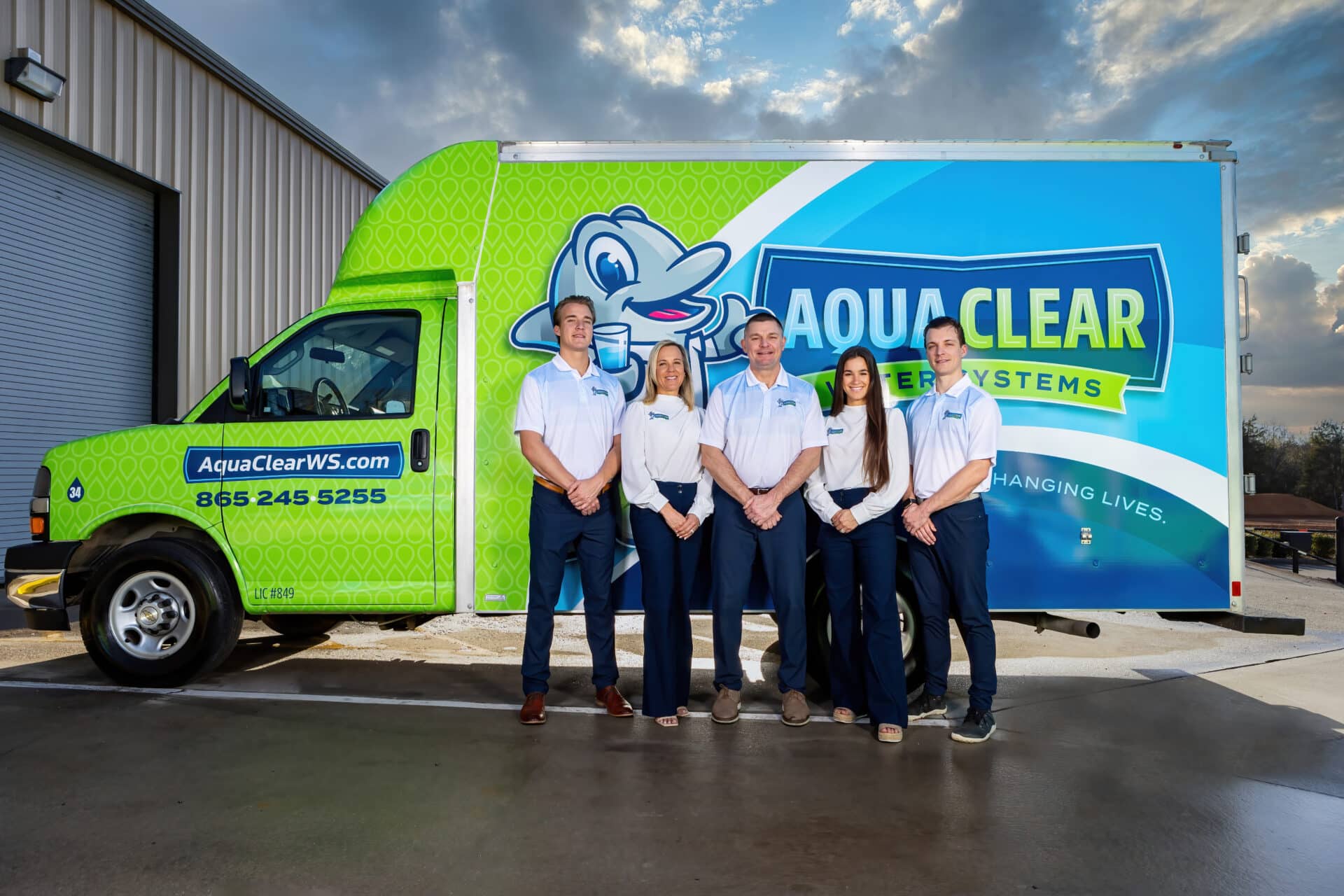

When you want to get us out to you and see how we can help you, there’s no better way than using our well water testing service. To get started:
- Fill in your details via our online form or give us a call
- Our project coordinator will be in touch to provide or request clarification and offer any advice
- We’ll get in contact to work out a good time for our project estimators to pay you a visit
- One of our project estimators will come to your property to test the water and check for levels of bacteria, sulfur, iron, manganese, hardness, nitrates, nitrites, and copper amongst other things.

We Service All of East & Middle Tennessee
Aqua Clear Water Systems has been serving the communities in East & Middle Tennessee for almost 2 decades
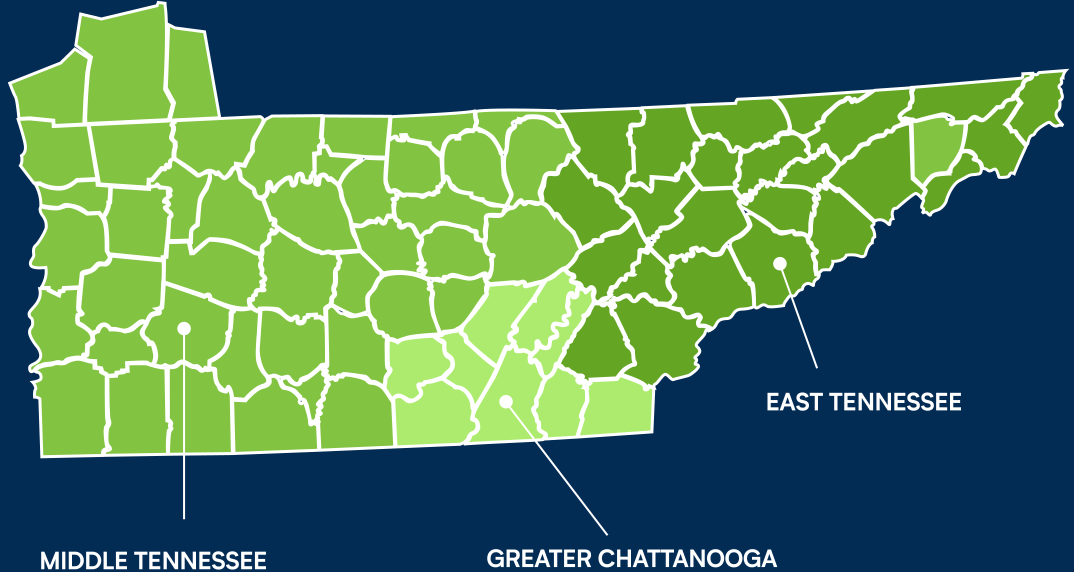
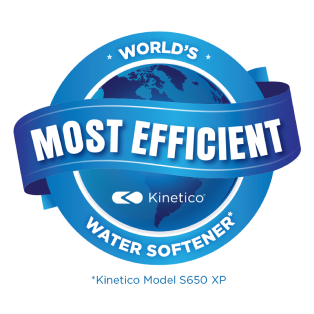
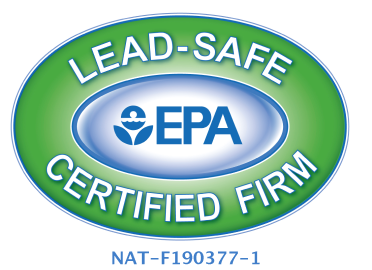
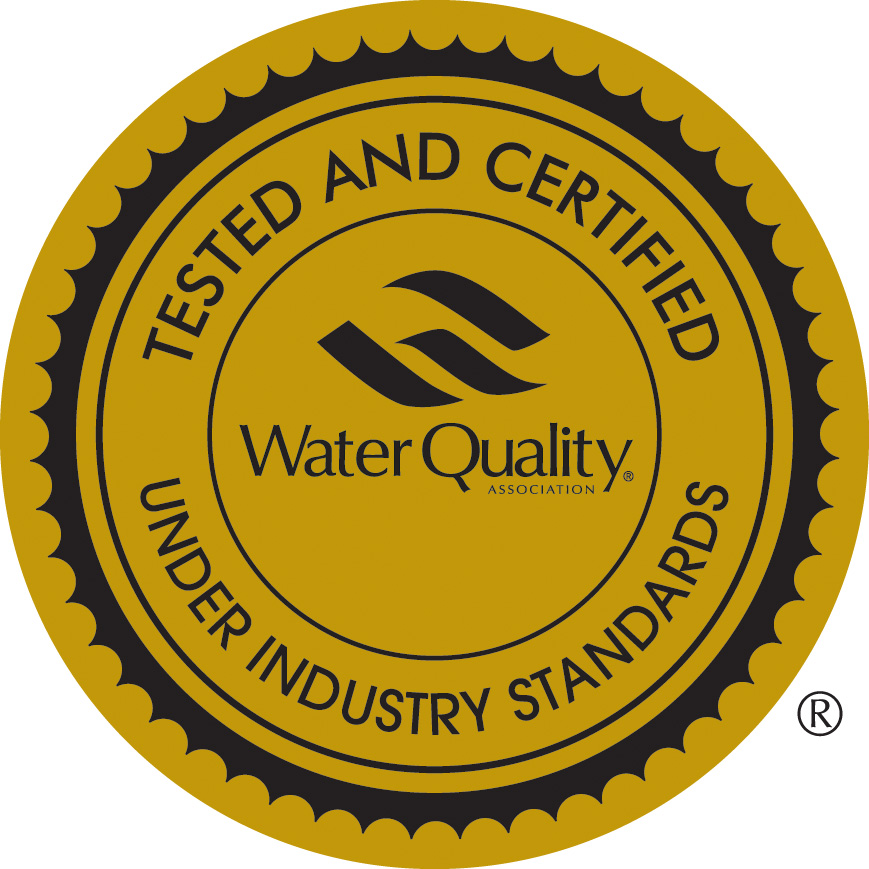




10,000+ East & Middle Tennessee Clients Love Our
Whole House Water Filtration Systems… And
96% Would Buy Again If They Ever Move!

READY TO GET STARTED?
Claim Your FREE At Home Water Test And Our
Qualified Water Technicians Will Show You
How You Can Save Thousands And Improve
Your Health With Soft, Pure Water!

Don’t risk your family’s health! Book a free water test with our qualified technicians to find out what harmful impurities are causing the most damage in your home. Plus, get a customized recommendation for the perfect system to solve your water concerns!
